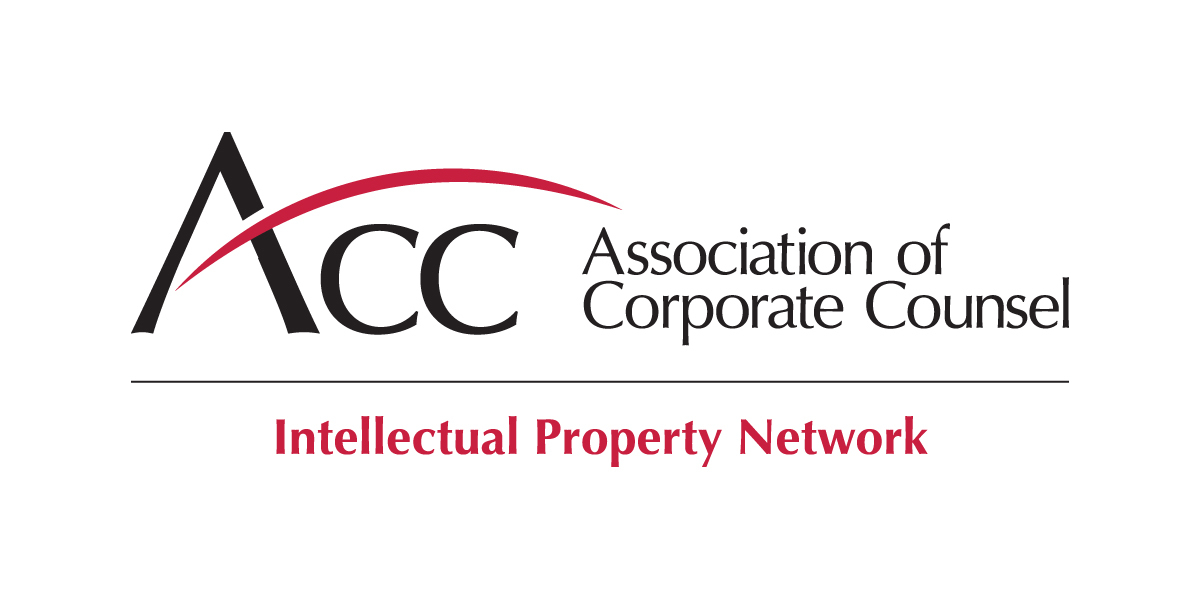Explore ACC's selection of global, regional, and country-focused resources to help in-house counsel navigate legal, business and career issues arising from the COVID-19 (coronavirus / 2019-nCov) crisis.
Most US federal environmental statutes grant citizens broad authority to bring lawsuits against companies where there is alleged noncompliance. Before they can do so, however, they must provide a Notice of Intent (NOI) to sue. This article provides some steps to consider if you receive an NOI.
This multi-jurisdictional guide covers common issues in oil and gas laws and regulations.
Topics covered include development of oil and natural gas, import/export of natural gas, import/export of oil, transportation, transmission and distribution, and foreign investment in 21 jurisdictions.
In a decisive shift from the prior administration’s energy policies, US President Donald Trump has enacted a series of executive orders aimed at bolstering domestic fossil fuel production and overhauling the permitting process for energy projects.
This article provides an overview of these actions, which are aimed at achieving energy independence, expediting infrastructure development, and reinforcing the U.S. oil and gas sector’s competitive position.




